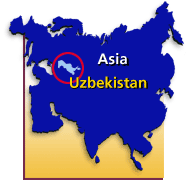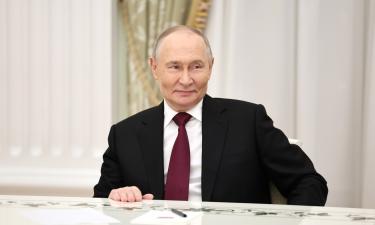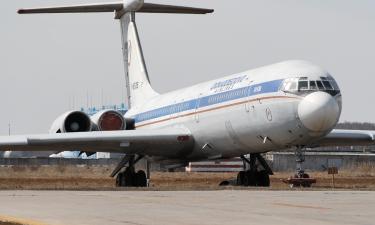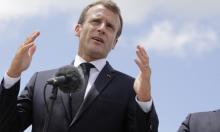EU treats Uzbekistan the same way it treats Belarus
It is obvious that Tashkent officials measure the level of freedom in the country using Andijan tragedy as a watershed
The European Union has imposed sanctions against Uzbekistan. The sanctions restrict arms exports to Uzbekistan and ban Uzbek officials responsible for the use of force in Andijan from entering the EU. As regards the EU policy with regard to Tashkent, the move indicates that the EU is starting to treat Tashkent the same way it treats Belarus. In terms of political freedoms in both countries, Uzbekistan can be likened to Belarus. Still, Belarus under Lukashenko is a freer country than Uzbekistan under Karimov. 
You can hardly imagine a congress of opposition held in Tashkent for the nomination of a presidential candidate who would be competing Islam Karimov. It is simply impossible to envisage Tashkent newsstands selling opposition publications. However, the West opted to turn a blind eye to the differences. Then the Andijan events sent shivers round the globe. After Andijan it would be a disgrace to pretend that everything was going fine.
That is exactly the point Tashkent officials can not understand. Speaking to The Bukharian Times recently, Uzbek Foreign Minister Elver Ganiev sounded a little bit distressed: “We should not get stuck in a event even if it is a tragedy. Life goes on. We should do a painstaking analysis of the past events and arrive at the right conclusions. Then we should go on with our lives.”
It is obvious that Tashkent officials measure the level of freedom in the country using Andijan tragedy as a watershed. Why impose sanctions after the Andijan events if there were no sanctions before the Andijan events? Instead, let us get over the “painful incident.”
Islam Karimov seems to be taking a “Belarusian” stance on the issue due to a lack of understanding of the Western approach. Uzbek president decided to re-orientate his foreign policy on Russia. Mr. Karimov had previously tried to keep Russia at bay. Despite strong recommendations by the Western governments to hold cooperation with Russia for the benefit military operations in Afghanistan, Uzbekistan kept away from Russia. Today Uzbekistan can not but get closer to Russia because the Central Asian state has no alternatives left. The Uzbek regime wants to make quite clear that cooperation between Uzbekistan and Russia will intensify should the US and the West continue to apply the “Belarusian” approach to Tashkent.
The attitude to Uzbekistan in the West is getting tougher as a result. It looks like a vicious circle. Many Western experts believe that regime change is the only solution to the situation. But things may get out of control following a potential removal of Islam Karimov from power. These days nobody can predict what political forces will seize power in Uzbekistan if Islam Karimov is removed from power.
Subscribe to Pravda.Ru Telegram channel, Facebook, RSS!





